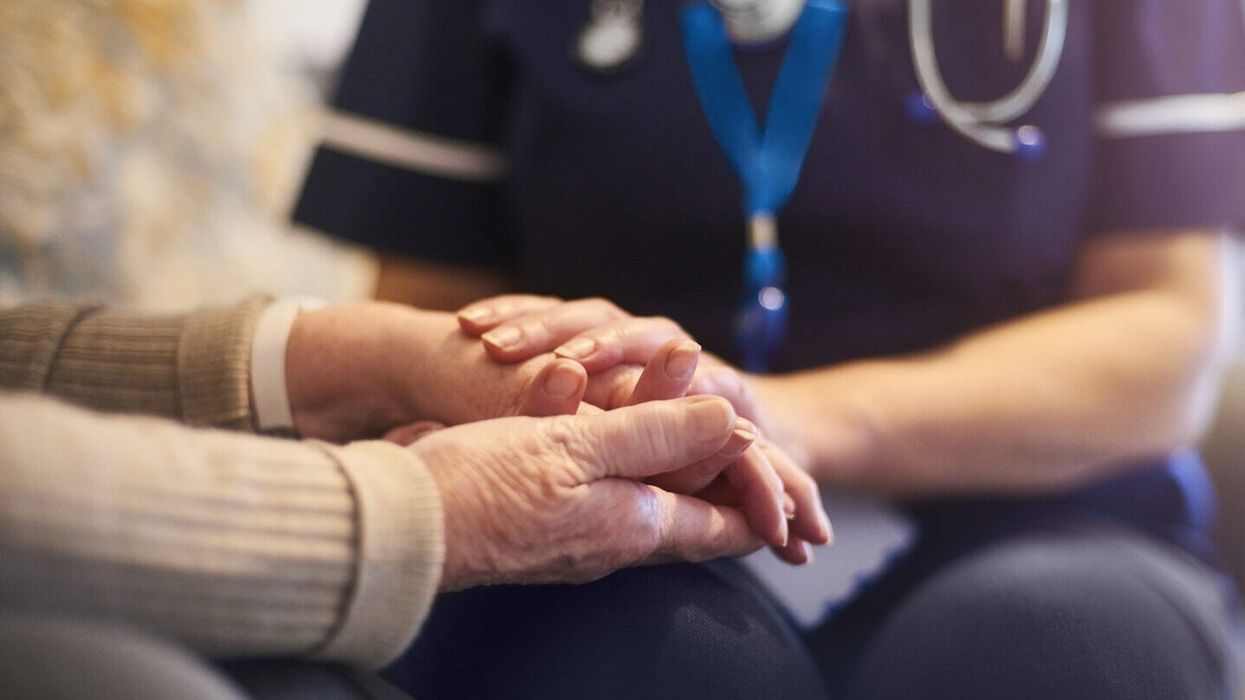Record numbers of people are being diagnosed with dementia in England, NHS figures show. Latest data reveals that 487,432 people in England had a dementia diagnosis in June, the highest number on record.
Dementia diagnosis rates have reached 65.0 per cent, the highest since the start of the pandemic. The NHS aims to diagnose 66.7 per cent of the estimated total number of people living with dementia.
England has one of the highest dementia diagnosis rates in the world, with high-income countries typically ranging between 20-50 per cent.
A timely diagnosis for dementia is crucial for people to get the support and care they need.
Dr Jeremy Isaacs, national clinical director for dementia, NHS England, praised the hard work of staff in boosting diagnosis rates but acknowledged more work is needed.
“NHS staff have worked hard to recover services, with the number of people with a diagnosis rising significantly over the last year, and now at a record level, but there is more work to be done,” Isaacs said.
The NHS is encouraging people to get checked if they have any common early signs or symptoms of dementia. Dr Isaacs emphasised the importance of early diagnosis: “Getting a diagnosis of dementia is the first step in supporting people, with a wide range of NHS services able to help.”
Common early symptoms of dementia include forgetting information, repeating oneself, struggling to follow a conversation or find the right word, and being confused about time and place. These problems are usually more noticeable to family and friends.
“If you have noticed that someone has symptoms, please encourage them to visit their GP for an assessment – the sooner someone is seen, the quicker the NHS can help,” Dr Isaacs said.
The latest figures show 86,434 people with a dementia diagnosis had their medication reviewed in the past 12 months, up from 77,112 in June 2023.
In 2022, NHS England announced 14 new pilot schemes where specialist nurses and other healthcare professionals proactively assess care home residents for dementia.





